Your cart is currently empty!
Tag: SustainablePractices
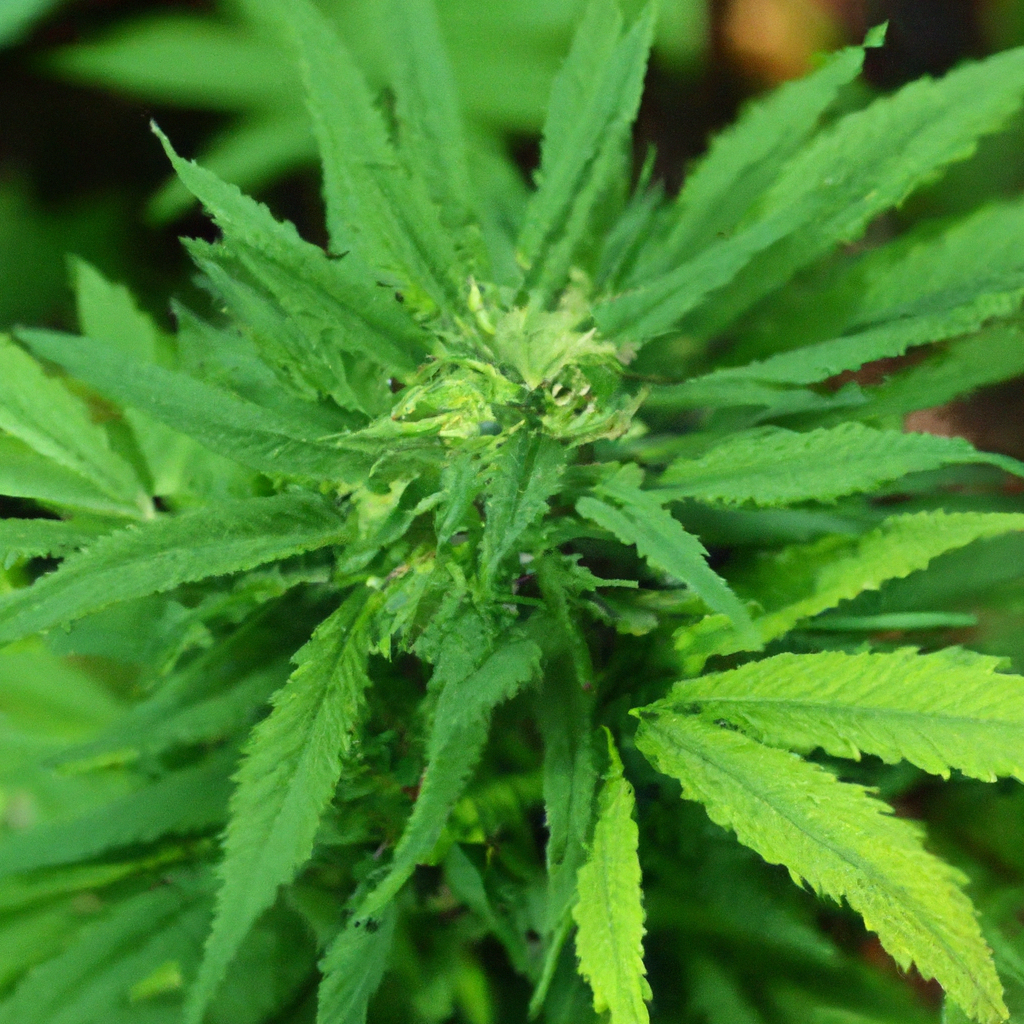
Organic cannabis cultivation combines traditional techniques with environmental awareness to produce sustainable, high-quality plants. Key practices include building healthy soil with compost and beneficial microbes, using natural fertilizers like animal manures and plant-based meals, and employing eco-friendly pest management, such as companion planting and beneficial insects. This approach not only enhances soil and plant health…
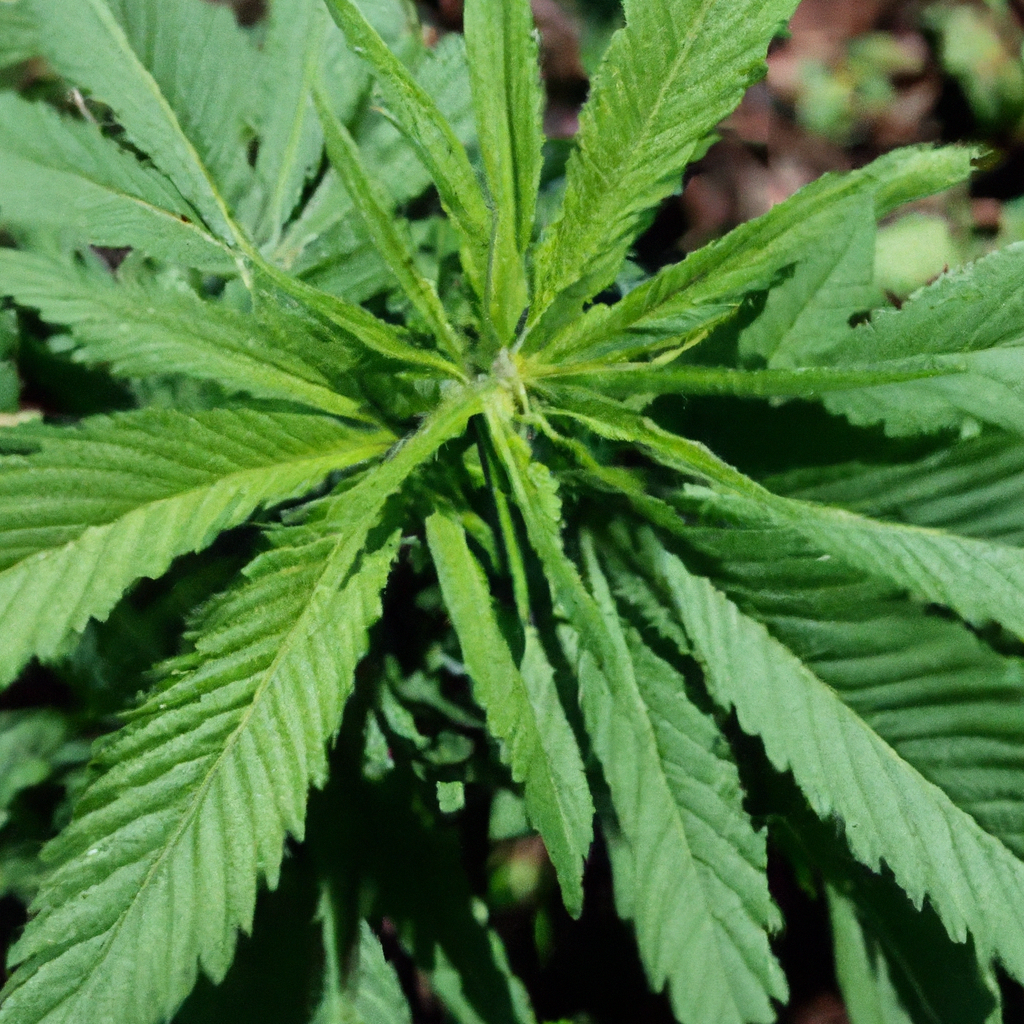
As cannabis growers embrace eco-friendly and health-conscious methods, organic cultivation emerges as a sustainable option. This guide explores best practices for organic cannabis cultivation, such as using natural fertilizers like compost, worm castings, and bone meal; fostering a thriving soil ecosystem with beneficial microbes, cover crops, and crop rotation; and adopting eco-friendly pest control strategies,…
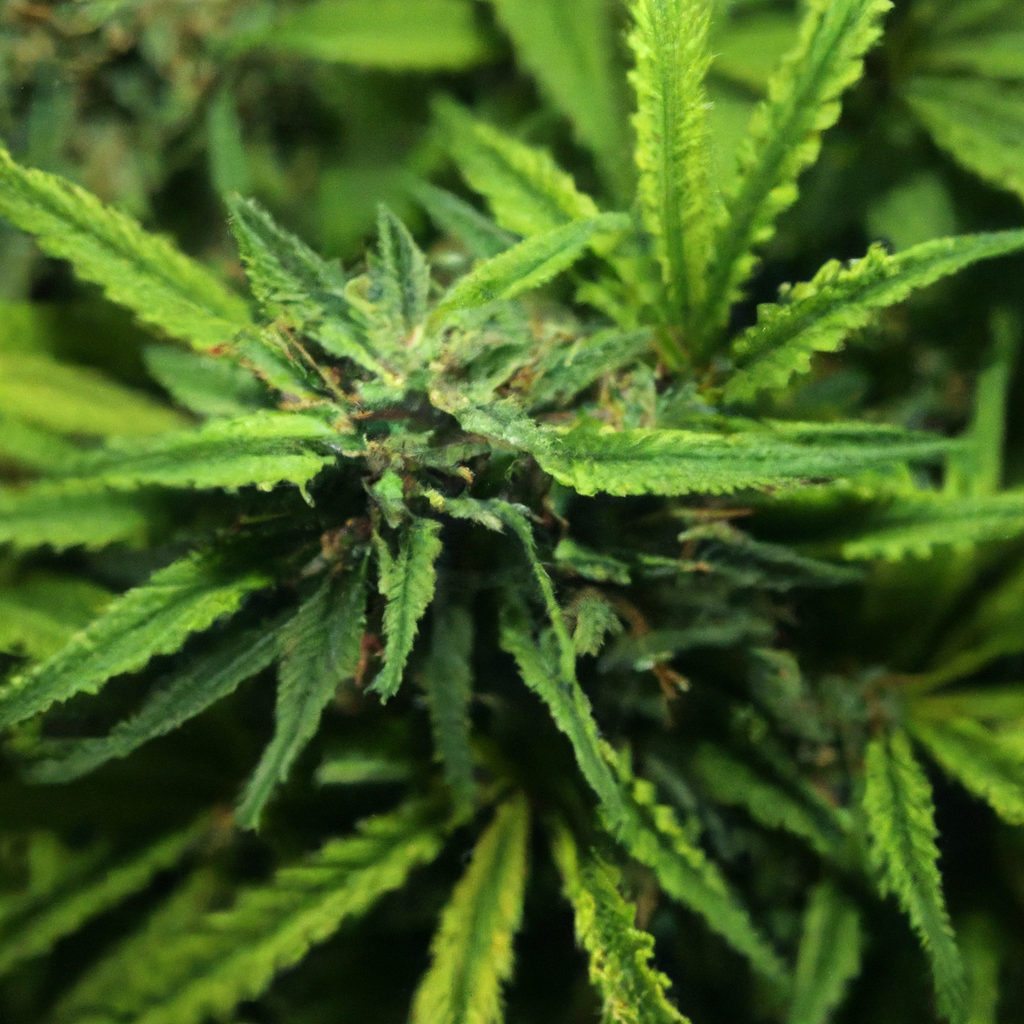
Organic cannabis cultivation is a movement towards sustainability that emphasizes eco-friendly farming practices. By leveraging natural fertilizers, compost, and natural pest management, growers can produce high-quality cannabis that benefits both the environment and consumers. The process begins with soil health, utilizing compost, cover crops, and crop rotation to enhance soil ecosystems. Natural fertilization through organic…
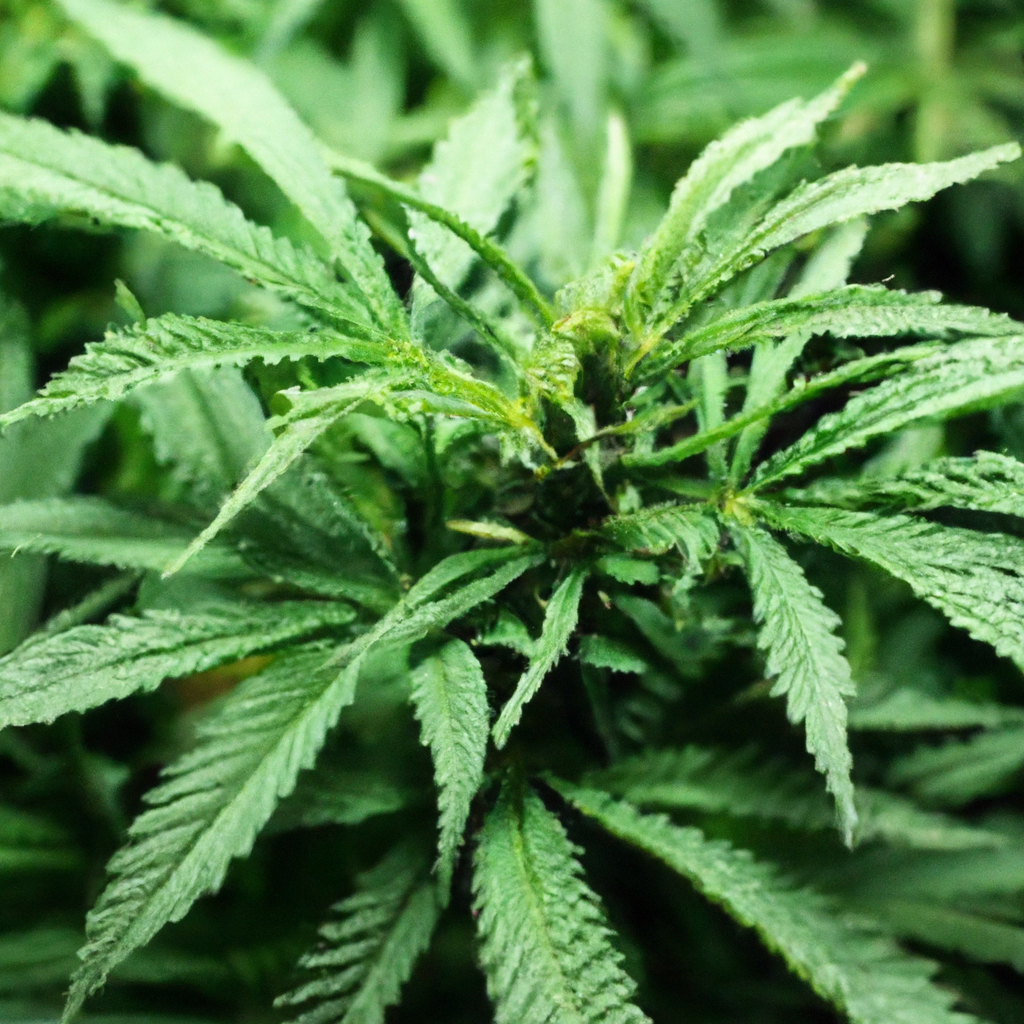
As the demand for sustainable products rises, organic cannabis cultivation provides a natural, eco-friendly approach to producing high-quality crops. Employing natural fertilizers, compost, and organic pest control methods builds robust soil ecosystems, benefiting the environment and health-conscious consumers. Enhancing soil with compost, using natural fertilizers like bone meal, and managing pests with companion planting and…
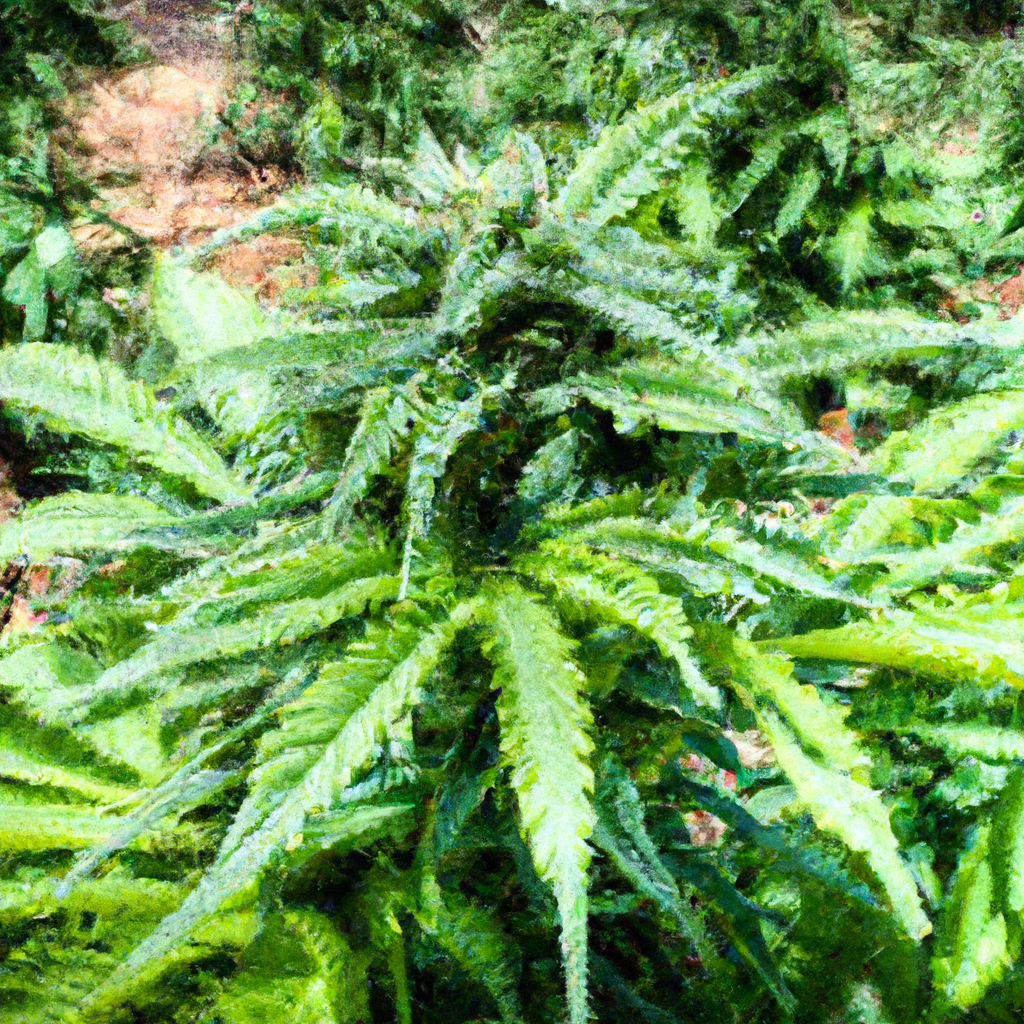
In cannabis cultivation, prioritizing organic methods and sustainability is essential for healthier yields and a reduced environmental footprint. Building healthy soil through composting and using beneficial microbes, along with natural pest control methods like companion planting and introducing beneficial insects, are key organic practices. Sustainable operations include efficient water management, renewable energy use, and waste…
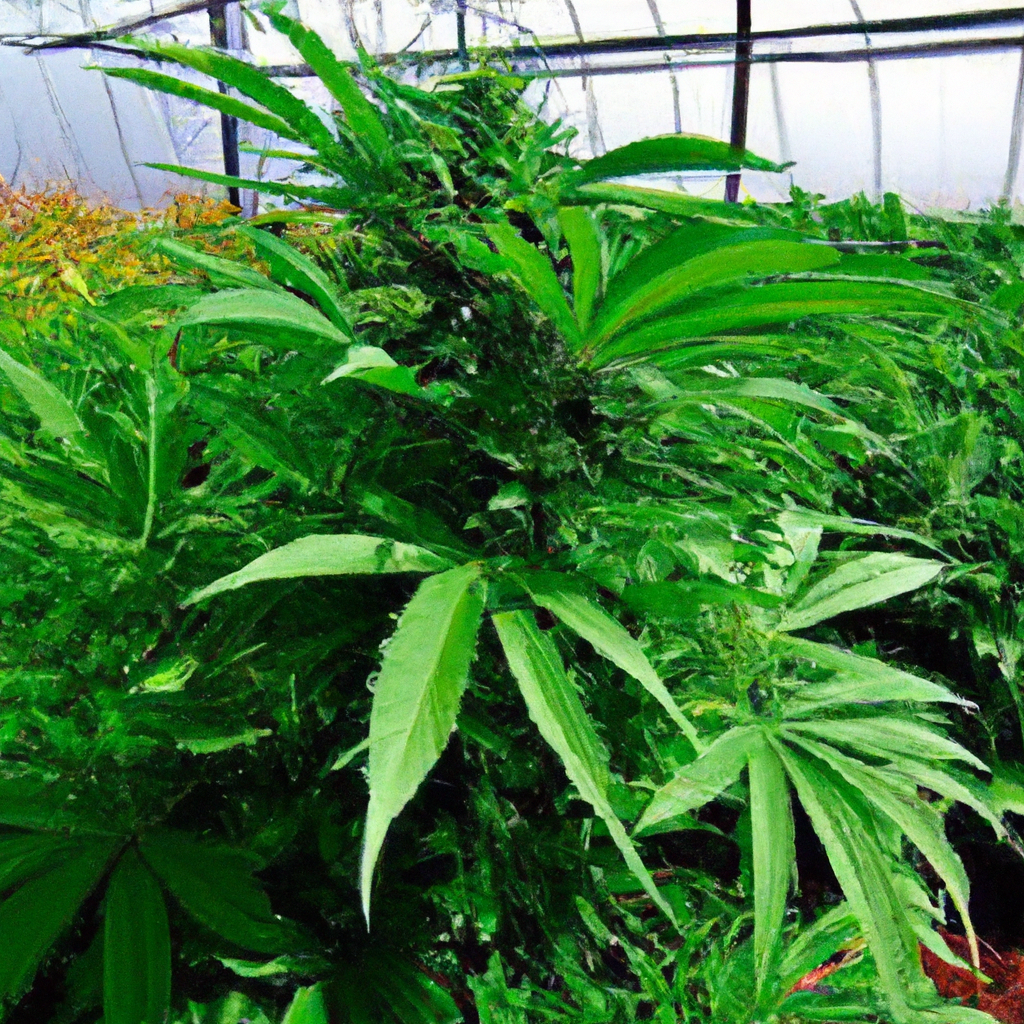
Harnessing natural wind techniques can significantly improve cannabis cultivation by strengthening plant structure and reducing mold risks without relying on technology-heavy solutions. Strategic plant placement and the use of natural barriers like hedges can optimize wind exposure, enhancing plant resilience and minimizing pest issues. Techniques such as low-stress training mimic wind effects to promote robust…
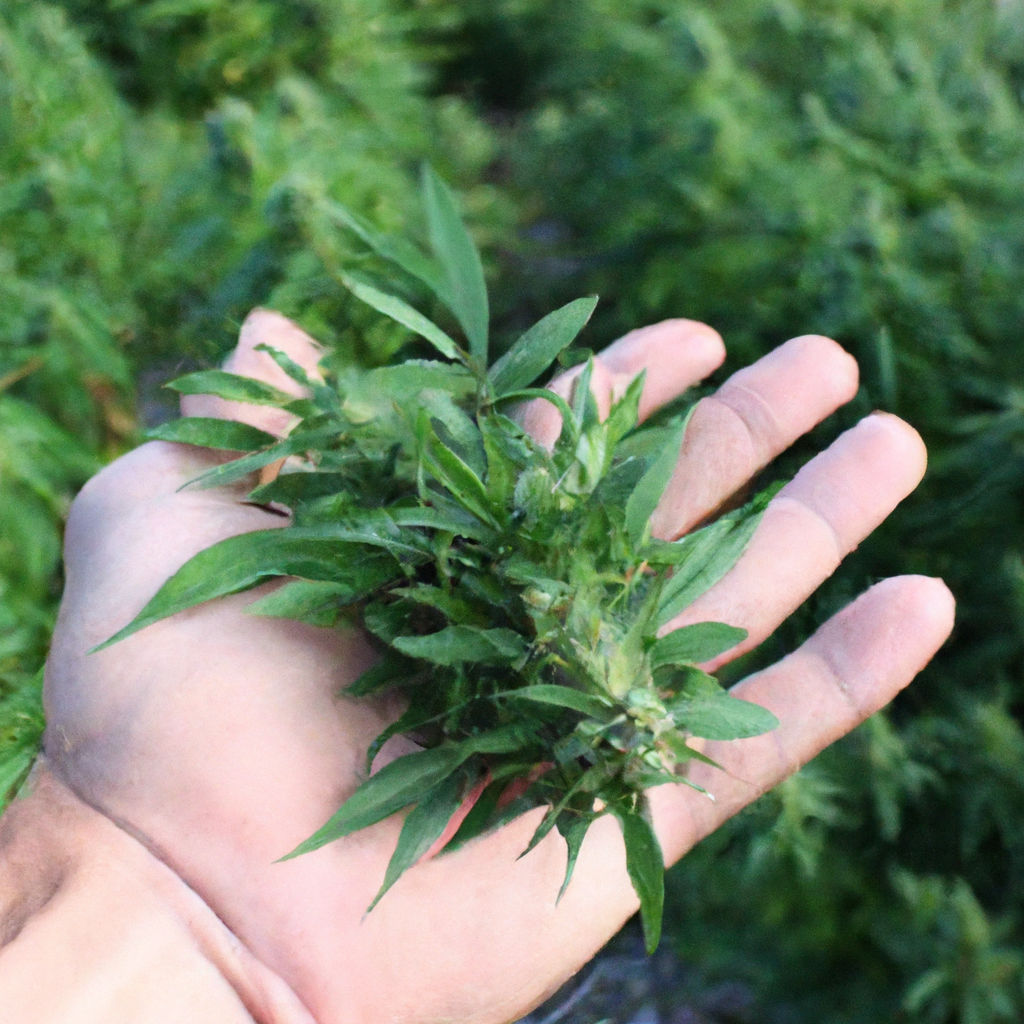
Organic cannabis cultivation is not just a trend; it’s a sustainable choice that reduces our ecological footprint. By using natural fertilizers, compost, and innovative pest control, growers produce healthier plants while benefiting the environment. Key practices include building a thriving soil ecosystem with rich compost, cover crops, and organic mulch. Opt for natural fertilizers like…
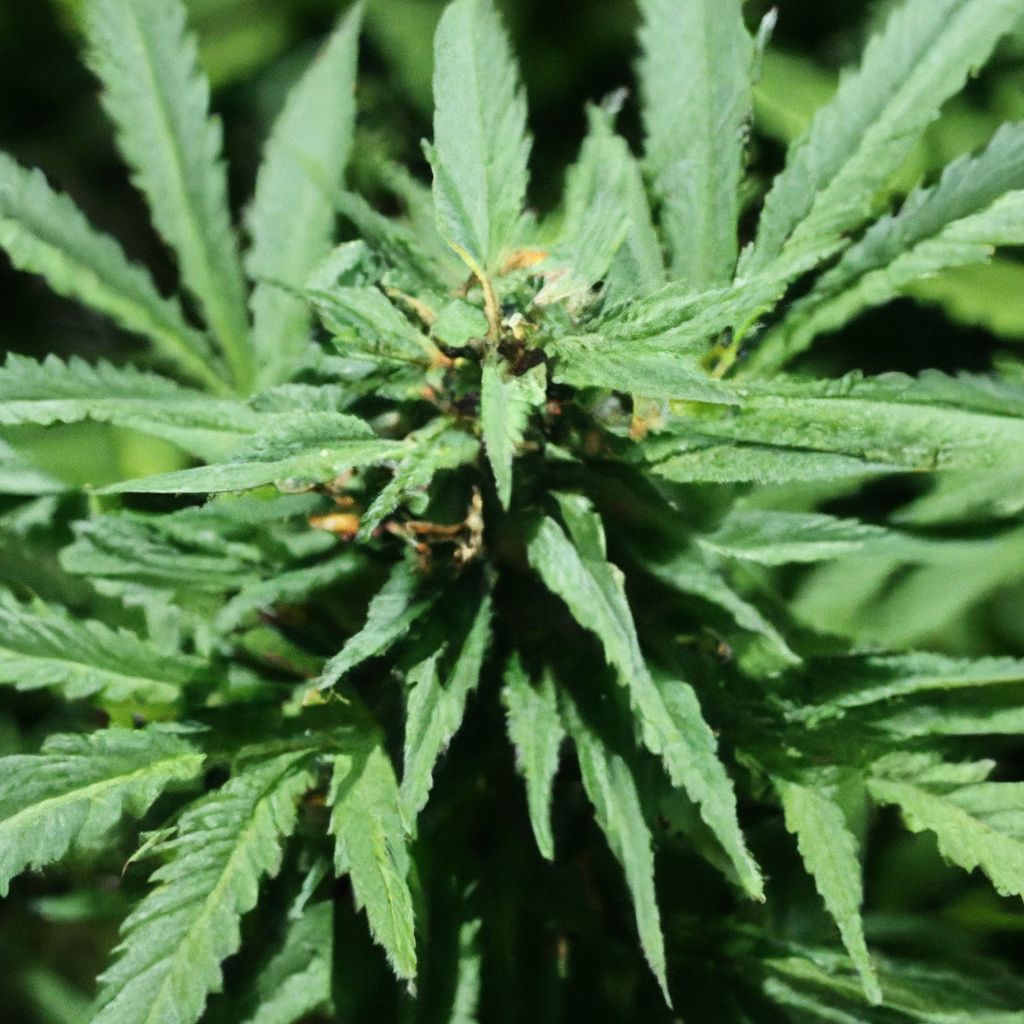
Sustainable cannabis cultivation focuses on efficient resource use, waste reduction, and organic methods to maintain high yields and minimize environmental impact. Key techniques include using organic soil amendments, employing water conservation methods like drip irrigation and rainwater harvesting, implementing integrated pest management with beneficial insects, and utilizing renewable energy sources for indoor growing. Real-world examples…
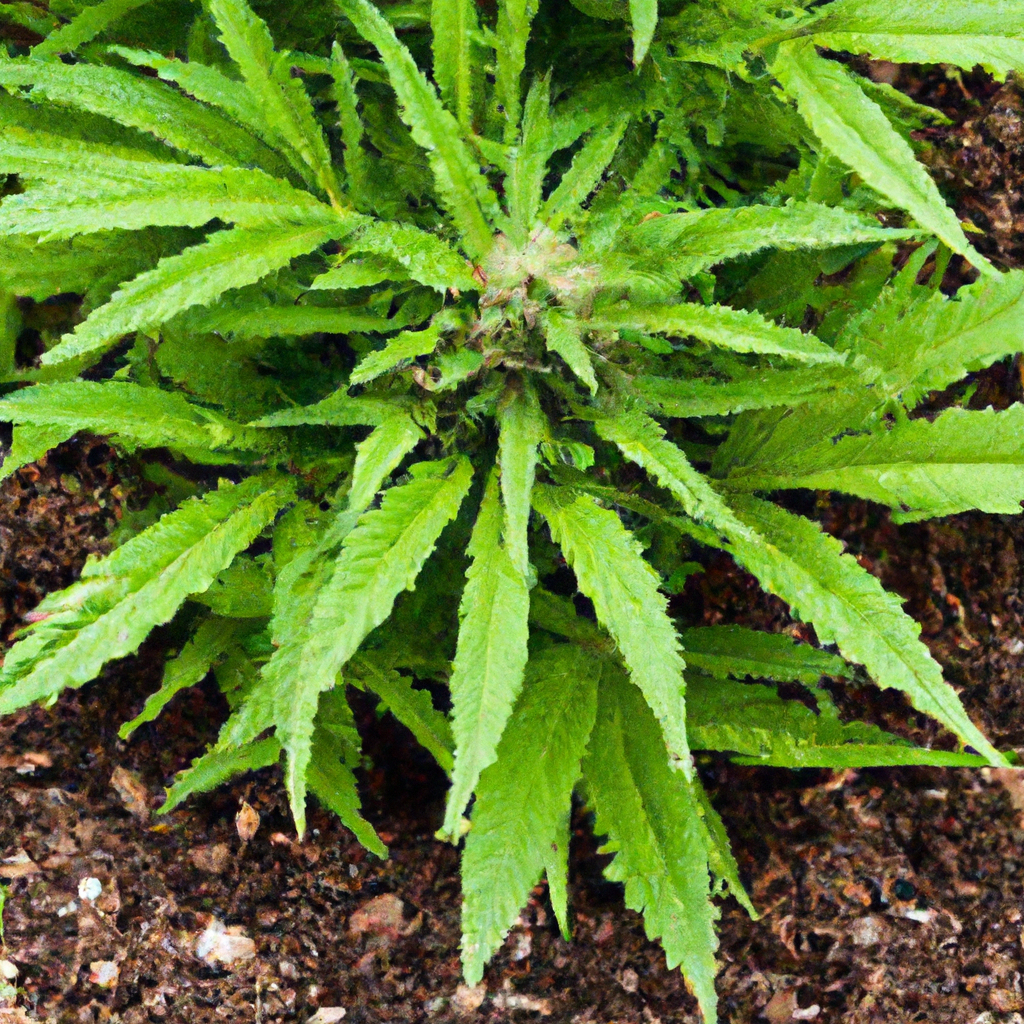
Organic cannabis cultivation provides a sustainable approach beneficial to both the environment and consumers by using natural fertilizers, compost, and organic pest control. This article delves into best practices for organic cannabis cultivation, such as developing healthy soil ecosystems and promoting sustainability. Key elements include using compost, bone meal, fish emulsion, and seaweed extract to…
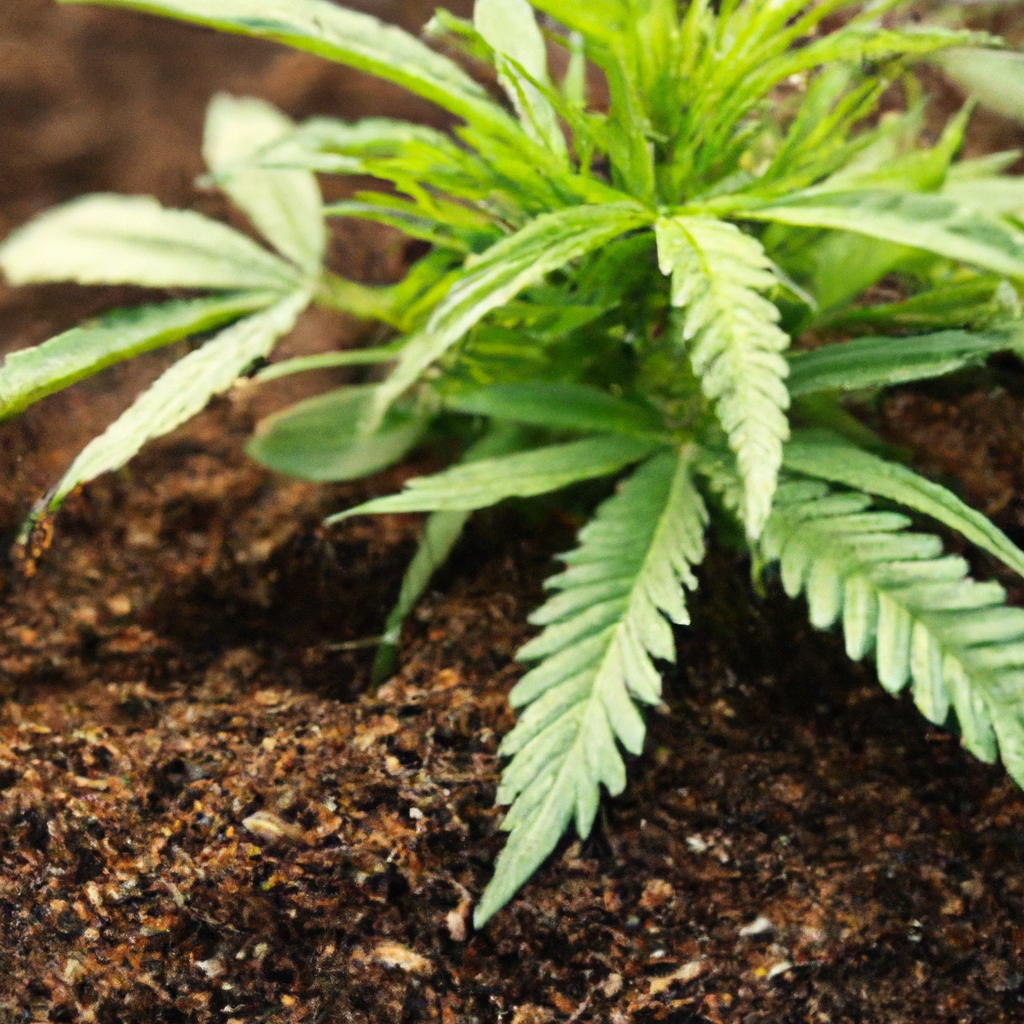
Organic cannabis cultivation emphasizes sustainability, environmental preservation, and high-quality production. This guide explores best practices for promoting healthy plant growth using natural fertilizers, compost, and organic pest control. Key strategies include building healthy soil ecosystems through composting and introducing beneficial microbes, using natural fertilizers like compost tea and seaweed extract, and employing sustainable pest control…
